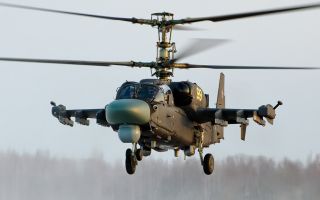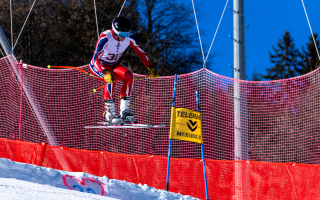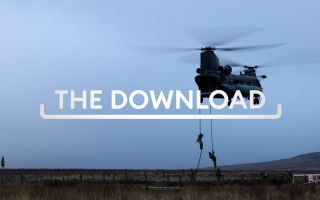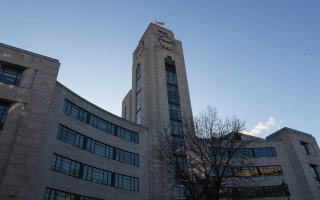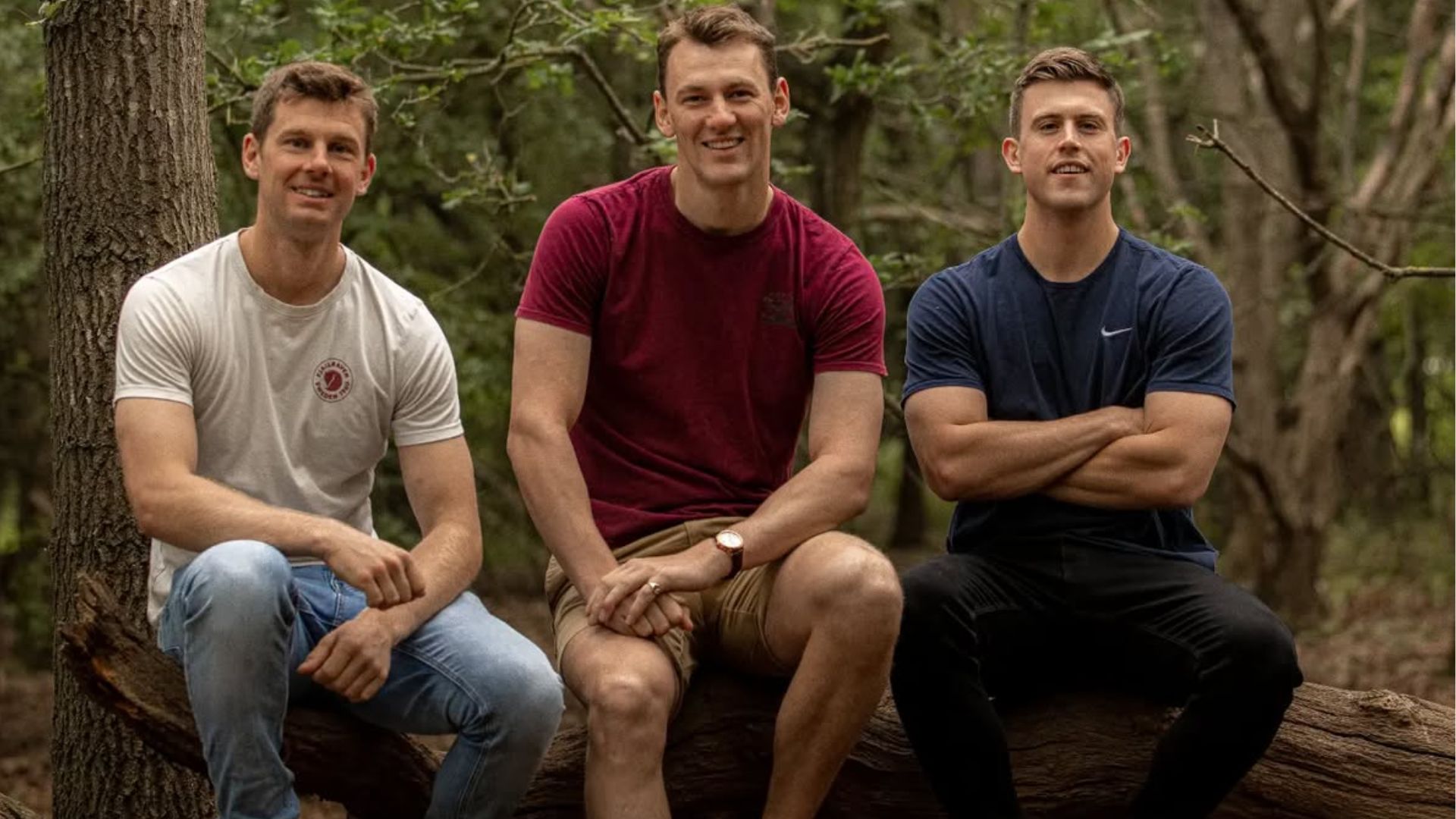
What is an equerry and why are they such important figures in the Royal Household?

In an announcement during a speech ahead of an awards dinner celebrating The Rifles, Her Majesty The Queen announced the appointment of her new equerry.
Major Rob Treasure, 29, a platoon commander with 1st Battalion The Rifles, will take over the role as senior aide to Queen Camilla.
He will assist in managing her daily schedule of official engagements and will accompany her on most public duties and overseas visits.
Thanking his predecessor, Major Ollie Plunket – a popular figure among royal fans – the Queen spoke highly of the "staunch equerry", noting that he "has excelled in everything he has done for me".
Appointed as the Queen's first equerry in 2022, Maj Plunket was at her side for many milestones, including accompanying her and the King to the Vatican in October for a historic meeting with Pope Leo XIV and laying the Queen's wreath at the Cenotaph on Remembrance Sunday.
The King's equerry
Lieutenant Colonel Johnny Thompson, who has become something of a social media sensation, made headlines earlier this year with the announcement of his marriage to Olivia Lewis.
Much like Maj Plunket, Lt Col Johnny Thompson caused a similar stir online as the so-called "hot equerry" after videos of him at high-profile royal events went viral following King Charles' accession in September 2022.
In 2023, he was even included on Tatler's Social Power Index, drawn up to show "where the real power lies in British society".
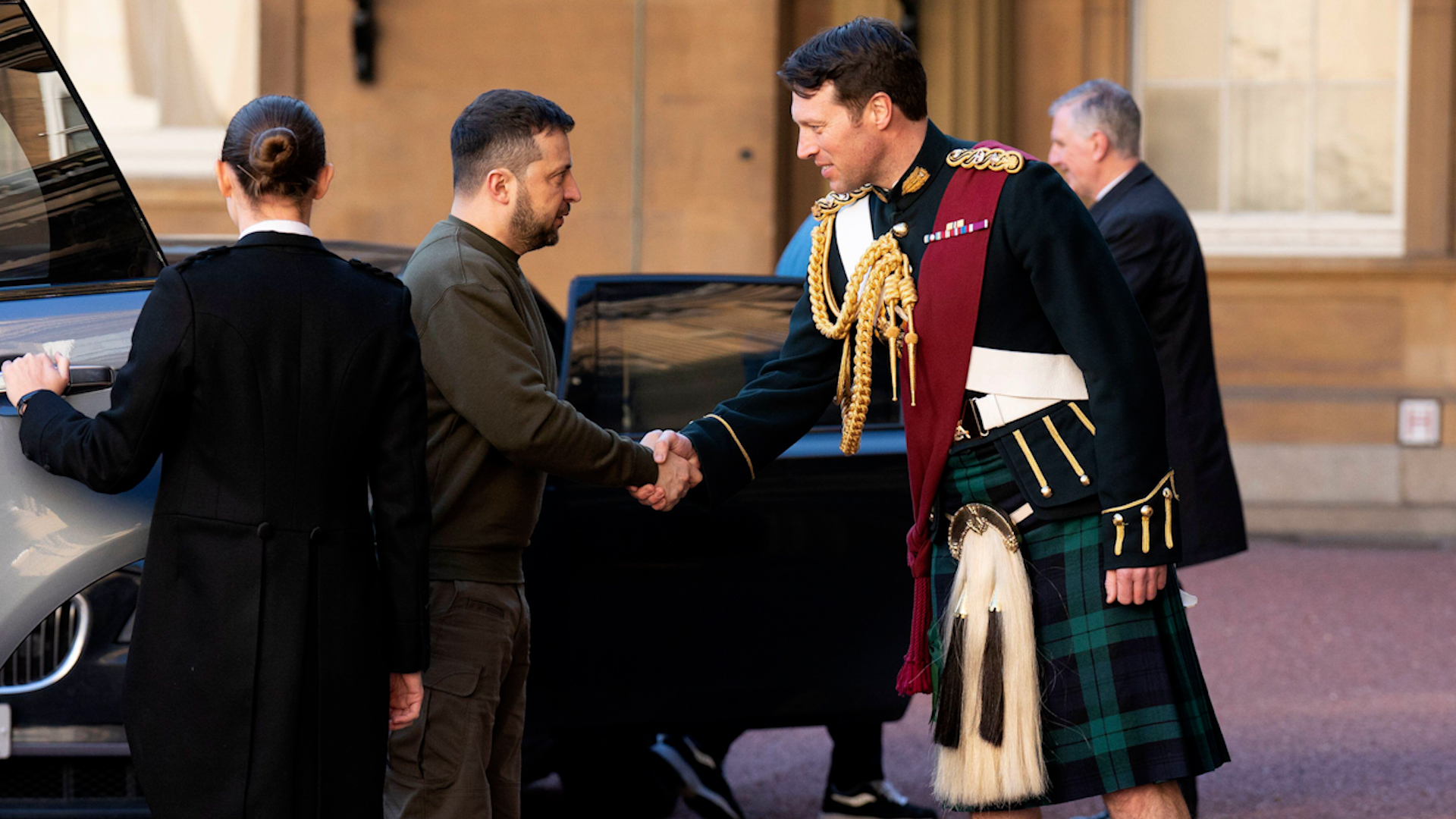
Joining the Army in 2006, Lt Col Thompson served in the 5th Battalion Royal Regiment of Scotland and rose through the ranks to become Queen Elizabeth II's most senior bodyguard.
Following the death of the Queen in 2022, he was promoted to Super Equerry to the King, playing a major role at his coronation.
Lt Col Thompson's attendance at Royal events caught the eye of onlookers, with social media fans dubbing him "Major Eye Candy".
He is not the first high-profile equerry, with perhaps the most famous being Group Captain Peter Townsend, who was equerry to the late Queen and fell in love with Princess Margaret.
What is an equerry?
An equerry is an officer from one of the armed services who acts as a formal assistant to a senior member of the Royal Family.
They help oversee the running of their daily diary of official engagements and accompany them on most public duties and overseas tours.
A monarch's equerry would also be expected to look after carriages, coaches and Rolls-Royces used at state ceremonies, including Trooping the Colour and the State Opening of Parliament.
Equerries are often described as the King or Queen's "eyes and ears" and are considered among the most important figures in the Royal Household.
Usually, they spend three years in the role.
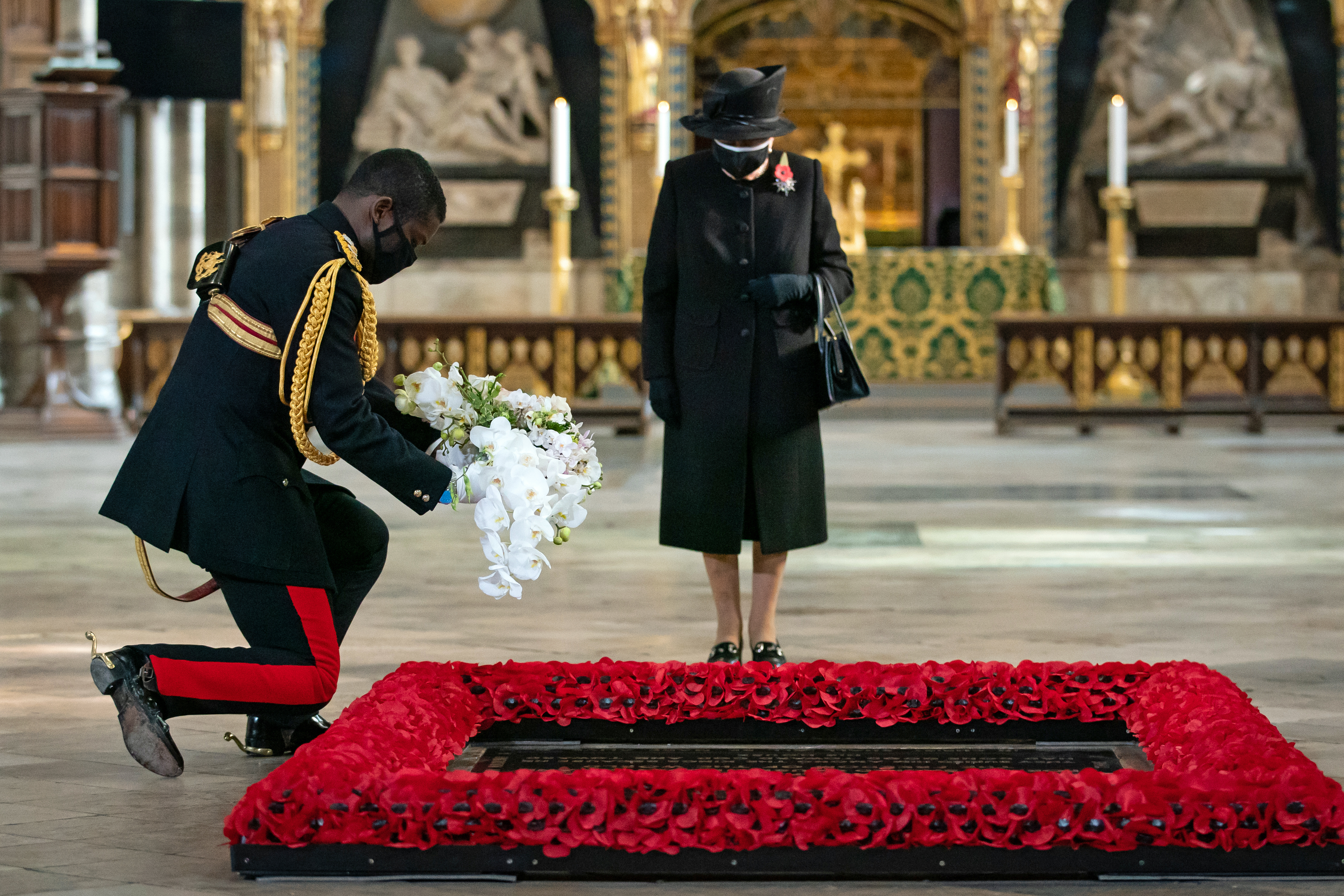
In 2024, the King made history when he appointed Captain Kat Anderson as the first female equerry to a sovereign.
The Royal Artillery officer took over the role as Lt Col Thompson became Super Equerry, which a source described to The Times as "a more executive and less public-facing role".
Traditionally, the officer was appointed to the Royal Household to be in charge of the horses.
It is thought that the monarch chooses their own equerry.

